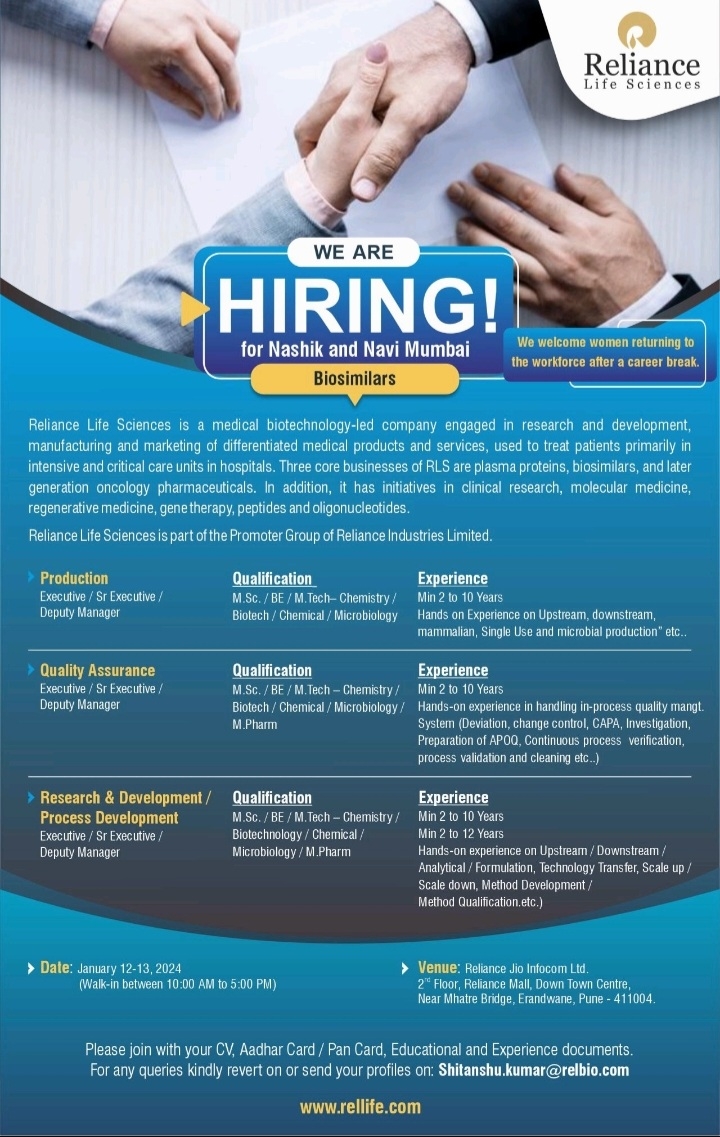The Powerhouse Trio: Production, Quality Assurance, and R&D in Pharmacometrics
The pharmacometrics industry thrives on a dynamic interplay between three crucial departments: Production, Quality Assurance (QA), and Research & Development (R&D). Each plays a distinct role in the journey of a drug candidate, from conception to market availability. Let's delve into their unique contributions, understanding how they collaborate to bring safe and effective medicines to patients.
Production: Imagine a skilled chef. This department acts as the master blender, meticulously formulating and manufacturing medicines based on rigorous protocols and regulations. Their tasks might involve:
- Dosage form development: Turning raw materials into tablets, capsules, injectables, or other delivery systems, ensuring consistency and accuracy in dosage.
- Scale-up and optimization: Transforming the lab-scale recipe into efficient, large-scale production processes while maintaining quality.
- Packaging and labeling: Adhering to strict regulations for labeling and packaging to ensure proper medication identification and safe use.
Quality Assurance: Think of a meticulous food inspector. This department acts as the vigilant guardian, ensuring drug quality and regulatory compliance at every stage. Their responsibilities include:
- Raw material testing: Analyzing incoming materials for purity, potency, and adherence to specifications.
- In-process and finished product testing: Rigorously monitoring the manufacturing process and evaluating the final product against established quality standards.
- Stability testing: Studying the drug's shelf life and ensuring it maintains its potency and safety over time.
- Documentation and audits: Maintaining meticulous records and ensuring compliance with Good Manufacturing Practices (GMP) and other regulatory requirements.
Research & Development: Picture a team of curious scientists. This department serves as the brain trust, constantly innovating and pushing the boundaries of drug discovery and development. Their endeavors might involve:
- Pharmacokinetics and pharmacodynamics (PK/PD): Understanding how drugs are absorbed, distributed, metabolized, and eliminated by the body, and how they interact with cells and tissues to produce their effects.
- Modeling and simulation: Using mathematical models and computer simulations to predict drug behavior and optimize treatment regimens.
- Clinical trials: Designing and conducting studies to assess the safety and efficacy of new drugs in human volunteers.
- Data analysis and reporting: Collecting, analyzing, and interpreting data from preclinical and clinical studies to guide further development and regulatory submissions.
These departments, though distinct, form a tightly woven tapestry. Production relies on R&D-derived formulations and protocols, while QA continuously monitors and verifies their execution. R&D, in turn, utilizes production data and QA feedback to refine formulations and improve manufacturing processes. This constant feedback loop ensures the highest standards of quality and safety throughout the drug development journey.
The Impact of Pharmacometrics:
The work of these departments not only translates into life-saving medications but also significantly impacts various aspects of healthcare:
- Improved drug safety and efficacy: Pharmacometric insights guide dosage optimization, leading to fewer side effects and better treatment outcomes.
- Personalized medicine: Understanding individual variations in drug response paves the way for tailored treatment plans based on a patient's unique characteristics.
- Reduced healthcare costs: Efficiently designed clinical trials and optimized drug regimens can lead to cost savings for both patients and healthcare systems.
I hope this information is helpful and informative! Feel free to ask any further questions you may have.











No comments:
Post a Comment